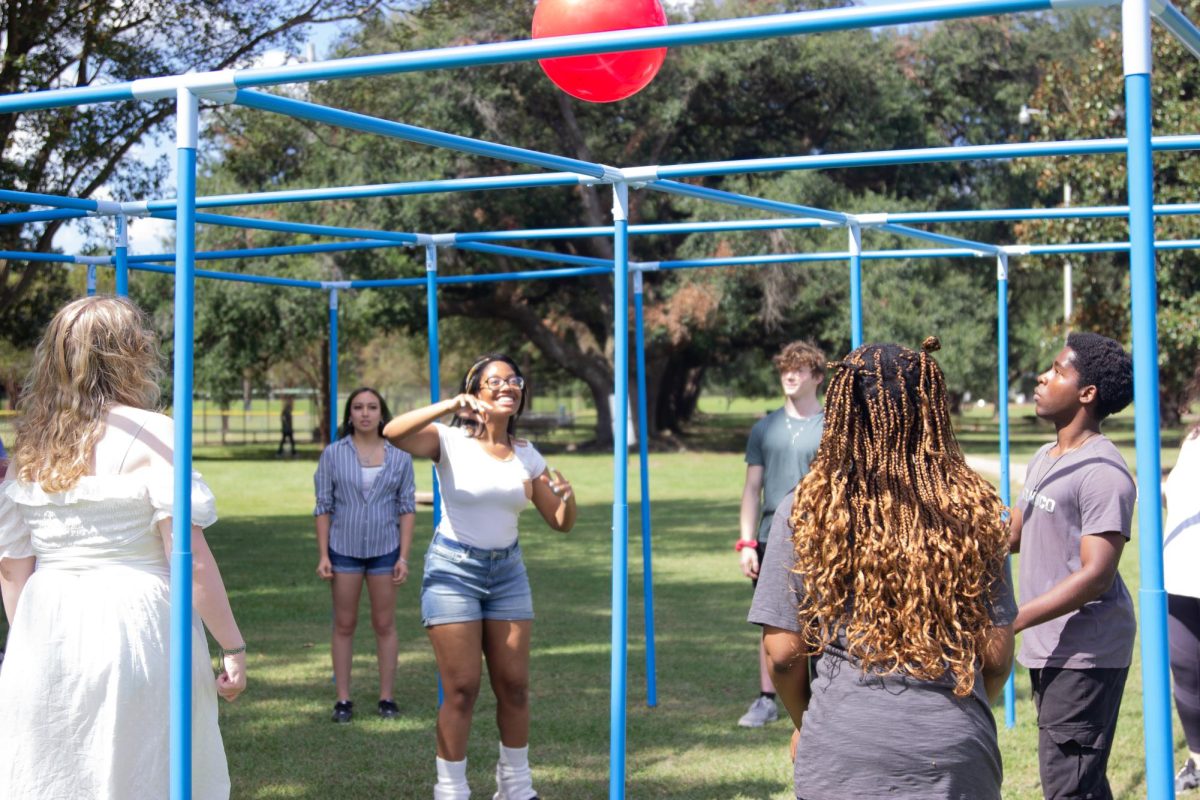College students might be known for not being awake and alert in those 8 a.m. classes, but they might not be the only ones.
According to a new report in the journal Neurology, a recent study revealed that one in seven people experience severe disorientation from waking up or falling asleep.
This confused state has been described as both “sleep drunkenness” and “confusion arousal.”
In some cases, individuals do not remember the experience at all and have no knowledge of their behaviors.
In addition to this amnesia, those who suffer from being “sleep drunk” struggle to return to complete wakefulness and may have violent or sudden reactions.
As the condition’s name suggests, cognitive and motor skills might be as impaired due to sleep drunkenness as they would due to alcohol intoxication.
Alexis Guidry, a senior pre-pharmacy major, said she once experienced sleep drunkenness during a spring break vacation at Gulf Shores.
Guidry woke up for a glass of water and tried to walk through a glass door that she did not see in her confused state.
“I wish when I wake up, I’d be awake immediately,” Guidry said.
Guidry said she has not had other similar experiences and sleep problems but notices irritability and difficulty with concentration from sleep deprivation.
The study cited two examples of “sleep drunk” experiences in which a man answers an alarm clock on his phone as if it were a phone call and a woman is unable to find the bathroom in her own home.
Kelsi McIntyre, a freshman kinesiology major, said that her strangest sleep experience actually proved beneficial.
McIntyre said she began to doze off in a hallway before class when she heard her friends studying out loud for an upcoming quiz.
When she took the quiz, she remembered all of what her friends said while studying and passed it with a 100 percent.
“I didn’t believe what I was experiencing because it was so unrealistic,” McIntyre said.
McIntyre said she has such experiences every month and considers it a problem for college students.
Research showed that sleep drunkenness results from getting too much or too little sleep.




